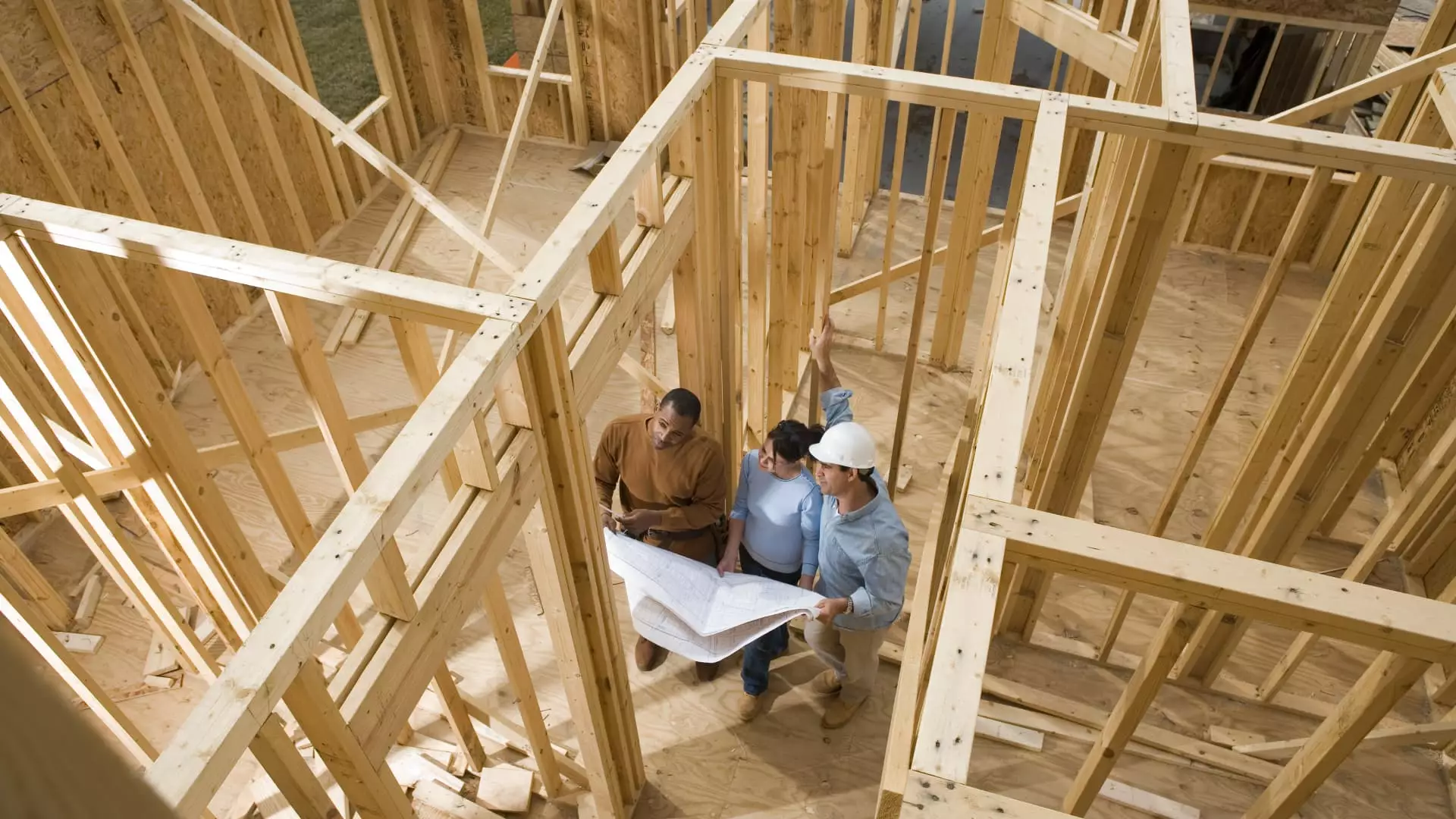When it comes to purchasing a new home, there are bound to be some financial surprises along the way. Recent surveys have shown that nearly 75% of new homeowners have regrets about their purchase, with one of the most common gripes being property taxes. This can be particularly shocking for those who have bought newly built homes, as property taxes for new builds can change dramatically after purchase, catching homeowners off guard.
The current real estate market comprises about 30% newly built homes, a significant increase from the typical 10% to 20% seen in previous years. As more buyers turn to newly constructed homes, it is crucial for potential owners to understand that costs may rise significantly even within the first year of ownership. Experts suggest that buyers need to be prepared for the possibility of fluctuating property tax rates, which are not static and can change annually.
Unlike previously owned homes, new builds lack a tax bill initially, as there is no house to assess yet. This can lead to lenders using older tax rates from the area or estimated tax rates to calculate the owner’s monthly payment. The calculation method can vary between lenders, with some using a percentage of the sales price of the home for property taxes, while others multiply the sales price by local tax rates.
Upon purchasing a newly built home, the homeowner will typically pay the estimated property tax rate into an escrow account. The county office will then conduct an assessment of the new house to determine the actual property tax rate, which may differ from the initial estimate. In cases where the homeowner has an escrow account, they may discover a shortage in funds to cover the owed property taxes, resulting in an increase in mortgage payments to make up the difference.
It is crucial for homebuyers to do their homework and understand the potential for property tax increases in the future. Buyers should inquire about how often the county reassesses property taxes and what the reassessment formula is based on in the area they are purchasing. Consulting with a local loan officer who understands the local landscape can provide valuable insights into potential tax changes.
For those looking to purchase a newly built home in an unfamiliar area, online real estate sites can provide some insight into potential property taxes. By looking at similar properties in the neighborhood that have been around for a year, buyers can get a rough estimate of what their taxes might be. However, it is essential to exercise caution as the listed taxes online are what the current owner pays, not necessarily what the new homeowner will pay.
Overall, new homeowners, especially those purchasing newly built homes, need to be aware of the potential for property tax surprises and fluctuations. By being proactive, researching local property tax assessment practices, and consulting with real estate and financial experts, buyers can better prepare themselves for unforeseen expenses related to property taxes.

Leave a Reply